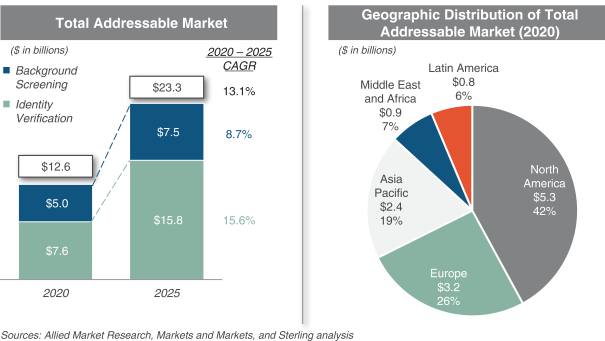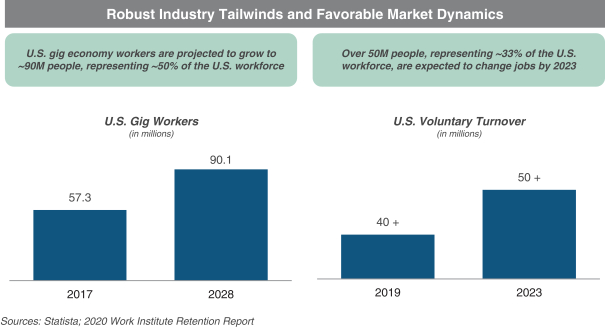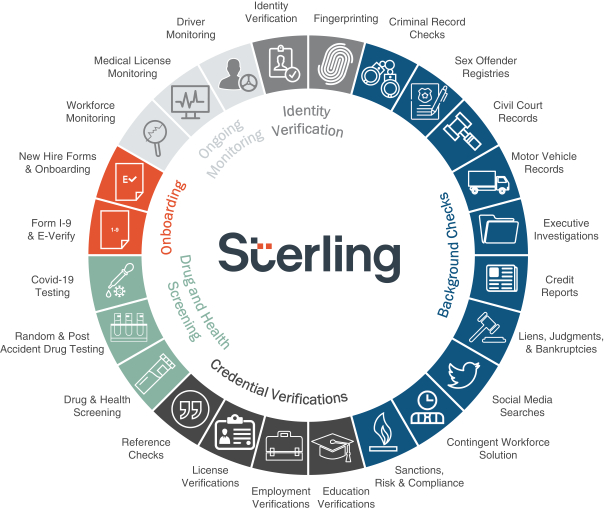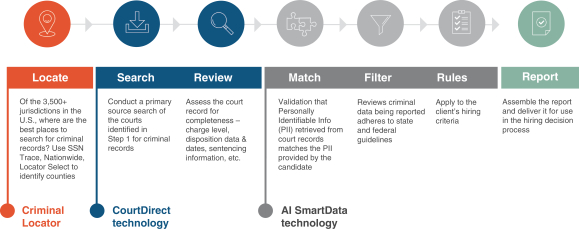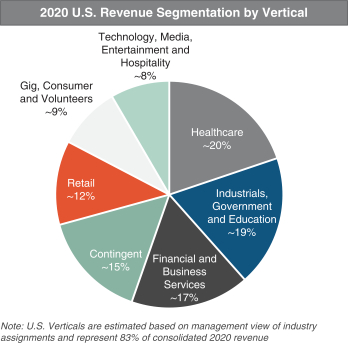Foreign Corrupt Practices Act (the “FCPA”), the U.S. domestic bribery statute contained in 18 U.S.C. § 201, the U.S. Travel Act, the USA PATRIOT Act and the U.K. Bribery Act. These laws generally prohibit companies and their employees and third-party intermediaries from corruptly promising, authorizing, offering, or providing, directly or indirectly, improper payments of anything of value to foreign government officials, political parties and private-sector recipients for the purpose of obtaining or retaining business, directing business to any person, or securing any improper advantage. Many anti-corruption laws also prohibit commercial bribery (i.e., bribery involving private parties) and soliciting and receiving bribes. In addition, U.S. public companies are required to maintain books and records that accurately and fairly represent their transactions and to have an adequate system of internal accounting controls. In many foreign countries, including countries in which we may conduct business, it may be a local custom that businesses engage in practices that are prohibited by the FCPA or other applicable laws and regulations. We face significant risks if we or any of our directors, officers, employees, agents or other partners or representatives fail to comply with these laws, and governmental authorities in the United States and elsewhere could seek to impose substantial civil or criminal fines and penalties which could have a material adverse effect on our business, reputation, results of operations and financial condition.
We have implemented an anti-corruption compliance program and policies, procedures and training designed to foster compliance with these laws. However, our employees, contractors, and agents, and companies to which we outsource certain of our business operations, may take actions in violation of our policies or applicable law. Such actions could have a material adverse effect on our reputation, business, results of operations and prospects.
Violation of applicable trade controls, anti-corruption laws, or anti-money laundering laws could result in whistleblower complaints, adverse media coverage, investigations, loss of export privileges, severe criminal or civil sanctions, disgorgement of profits, injunctions, suspension or debarment from U.S. government contracts and other remedial measures, any of which could have a materially adverse effect on our reputation, business, financial condition, results of operations and prospects. In addition, responding to any enforcement action may result in a significant diversion of management’s attention and resources and significant defense costs and other professional fees. Further, we cannot predict the nature, scope or effect of future regulatory requirements, including changes that may affect existing regulatory exceptions, and we cannot predict the manner in which existing laws and regulations might be administered or interpreted.
Risks Related to Intellectual Property, Security and Data Privacy
We collect, host, store, transfer, disclose, use, secure and retain and dispose of personal information. Security breaches may result in the disclosure of confidential information and improper use of information may negatively affect our business and harm our reputation.
Our products and services involve the collection and transmission of confidential and sensitive information of our clients and their existing and potential employees, including personal information such as: social security numbers and their foreign equivalents, driver’s license numbers, dates of birth, addresses, identity verification information (such as government issued identification or passport numbers) and other sensitive personal and business information, which subjects us to potential liability from clients, consumers, data subjects, third parties and government authorities relating to claims of legal or regulatory non-compliance, defamation, invasion of privacy, false light, negligence, intellectual property infringement, misappropriation or other violation and/or other related causes of action. A security breach in our facilities, platforms, computer networks, systems or databases (or those of our third-party service providers) or employee error or misconduct could expose us to a risk of loss of, or unauthorized access to and misappropriation or compromise of, this personal information, which could result in adverse publicity and harm our business and reputation and result in a loss of clients, system
22

